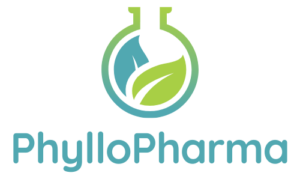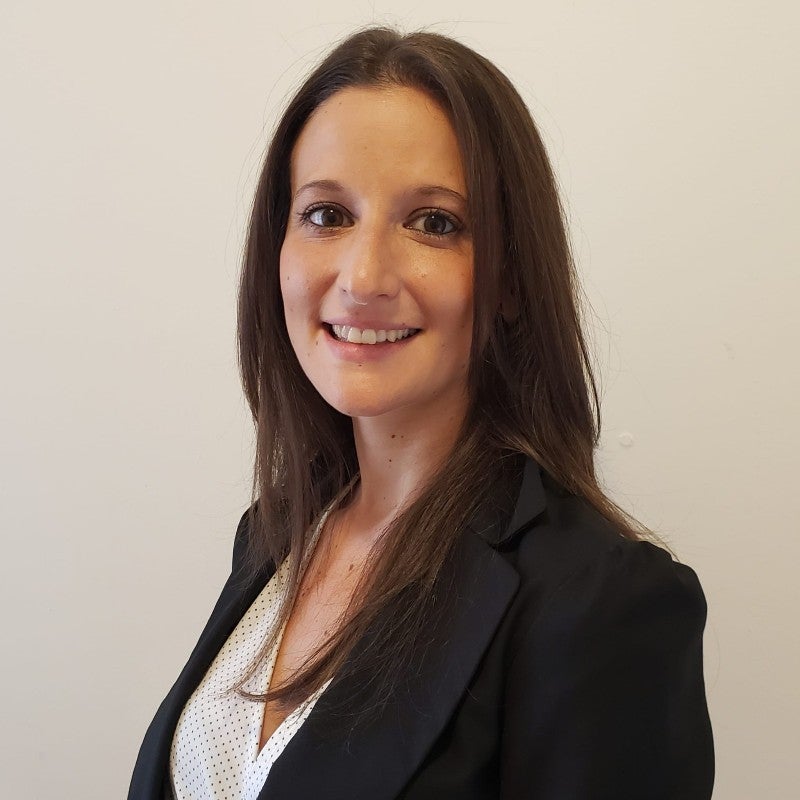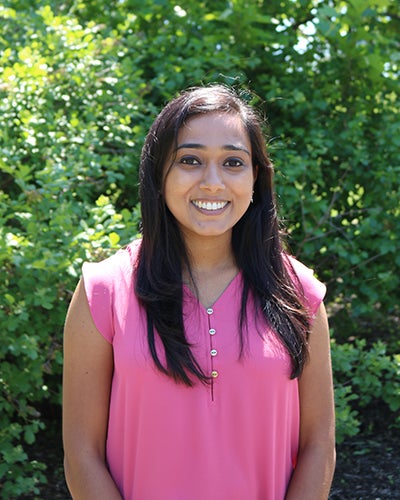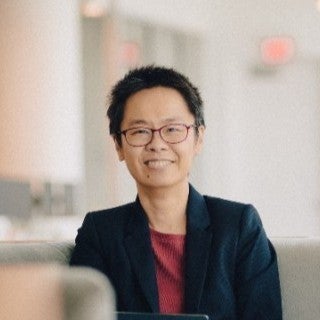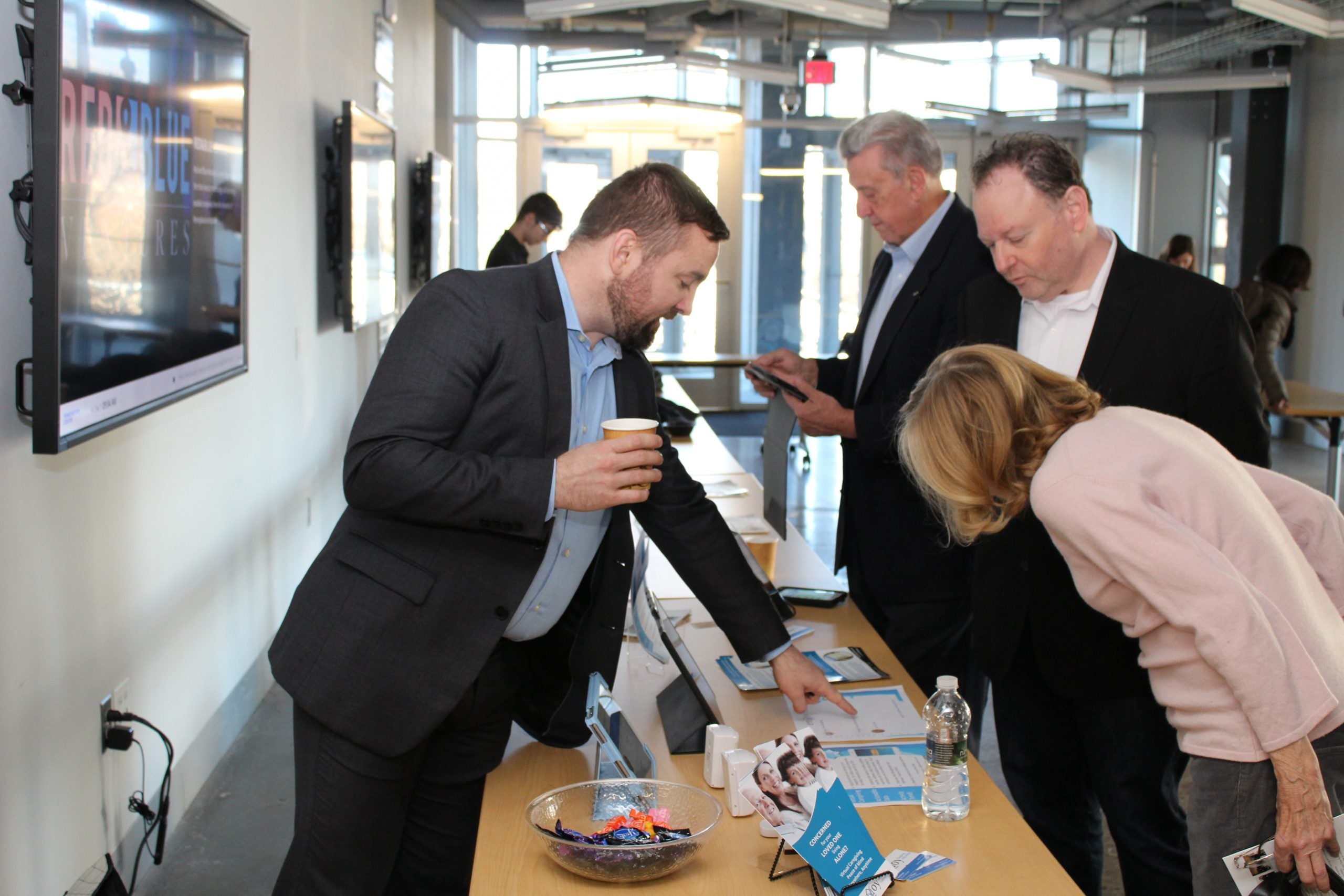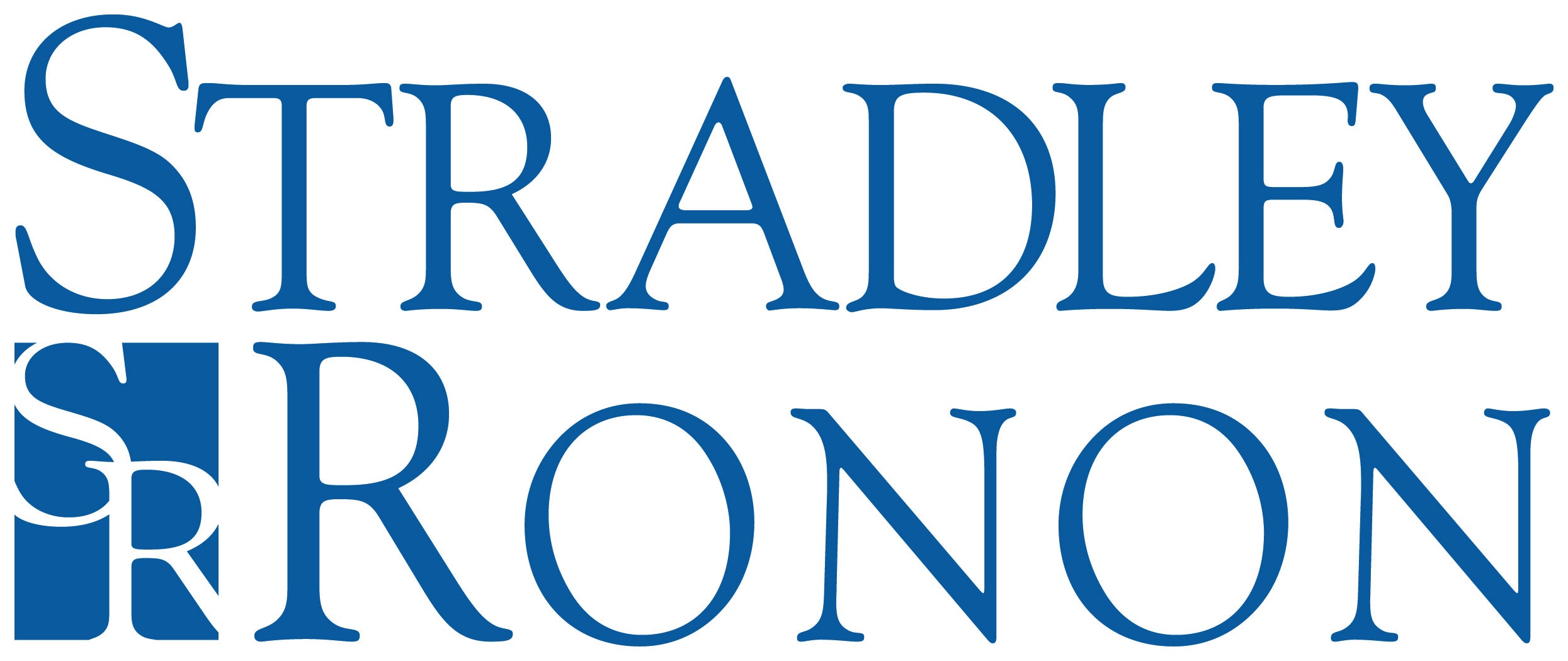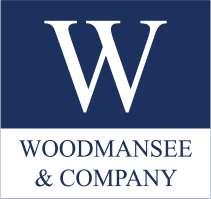PCIV Spotlight 2022
The PCI Ventures 2022 Annual Report
About PCI Ventures
We provide a wide-ranging suite of products and services to support the development of early stage companies based on technologies and business ideas created at Penn as they make their way towards commercial success.
PCI Ventures actively seeks entrepreneurs to lead our portfolio companies and investors to provide funding for new ventures in development.
Learn MoreOur Mission
PCI Ventures, a division of the Penn Center for Innovation, helps maximize the potential of Penn’s pioneering research to benefit the University, the investigative team, and society through the creation and stimulus of entrepreneurial endeavors at Penn.
PCIV Resources
- Addressable market analysis
- Corporate governance support
- Commercialization grant assistance
- Marketing material development
- Company registration
- Education programs
- Entrepreneur coaching
- Executive-level recruitment
- Fundraising support
- IP strategy development
- Legal agreement templates
- Mentors in residence
- Preferred vendor relations
- Strategic partner outreach
- Weekly office hours
- Workshops
By the Numbers
2022 Statistics
Please use your mouse scroller to scroll through all of the statistics.
74
Active Companies
14
new companies supported by PCI Ventures
3
executives hired
7
Companies generating revenue
$187M
Raised by 19 PCIV-sponsored companies
$438k
in portfolio company-sponsored research funding to Penn
3
FDA 510(k) clearances by PCIV portfolio companies
Overall Statistics
12
Years of operations
75
Companies have received funding
$536M
cumulatively raised in funding
$25M
in PCIV company-sponsored research at Penn
82
unique sources of company funding
5
Company Exits
4
FDA 510(k) clearances by PCIV portfolio companies
Highlights
Portfolio Highlights
Other Fundraising Highlights
Please use your mouse scroller to scroll through all highlights.

Linnaeus Therapeutics – Awarded a $4M Phase II Bridge SBIR Award by the National Cancer Institute of the NIH
Learn MoreNew PCIV Supported Companies
Evinacel
Evinacel (George Xu; PSOM-Path and Lab Medicine) is developing a variety of technologies that enable improved gamma delta T-cell therapy, a novel DR5 CAR construct, and an exosome therapy platform.
Fluorosurgical Biosciences
Fluorosurgical Biosciences (Jim Delikatny and Sofya Osharovich; UP-SOM-Radiology) is developing precision-medicine tools to increase intraoperative cancer detection for improved tumor resection.
Liquid BioDx
Liquid BioDx (Jay Dorsey and Gary Kao; PSOM-Radiation Oncology) is developing a diagnostic blood test for sensitive detection of circulating tumor cells.
Neurostorative
Neurostorative (Justin Burrell and Kacy Cullen; PSOM-Neurosurgery) is developing nerve fusion technology for immediate axonal reconnection and electrical restoration after injury.
Paladai
Paladai (Eugene Ko;UP-Dental) is developing a dental device that helps babies with cleft palate feed.
Paradigm Analytics
Paradigm Analytics (John Fischer; UP-SOM-Surgery) is developing clinically-informed decision-based software to help with identification, stratification, and prioritization of patients for certain types of surgical procedures.
Stage One Immunotherapeutics
Stage One Immunotherapeutics (Malay Haldar; PSOM-Path and Lab Medicine) is developing small molecules that target retinoic acid signaling pathways to treat solid tumors.
Ventru
Ventru (Rachel Blue and Michael Spadola; PSOM) aims to improve the safety and efficacy of neurosurgical procedures through surgical instrument innovation, currently focusing on improving the accuracy of placing ventricular drains in the brain.
Venture WarmUP
At the beginning of 2022, PCI Ventures launched Venture WarmUP, a new PCI program designed to assist faculty prior to starting a company as they explore different options for technology development and commercialization. Program participants may choose to work with PCI to pursue licensing or R&D alliance opportunities, start a company through PCI Ventures, start a company on their own (or with an outside partner), or simply continue with additional research. The program is already quite popular as evidenced by the following participant projects:
- ACE Genomics (Rahul Kohl; PSOM-Medicine) is developing novel enzymes to assess epigenetic modifications to allow for advanced research tools and diagnostics.
- Cesar de la Fuente (SEAS-Bioengineering) AI platform for discovery of antimicrobial or antibiotic compounds.
- Kurt Brunden & Garret Gibbons (PSOM-Pathology) targeting tau for the treatment of Alzheimer’s disease using microtubule stabilizer techology and anti-tau monoclonal antibodies.
- Liberate Bio (Mike Mitchell; SEAS-Bioengineering) is developing a lipid nanoparticle screening platform that utilizes Dr. Mitchell’s barcode technology.
- Beatriz Carreno, Gerald Linette, Bob Vonderheide, & Adham Bear (PSOM) are developing novel TCR therapies to treat mutated KRAS tumors.
PCIV Luminaries
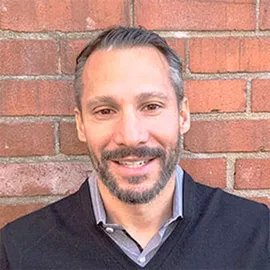
Brian Biddulph-Krentar
Brian Biddulph-Krentar is the CEO of SchoolSims, a SaaS company that produces software simulations designed to prepare and further train current and future school staff. In 2019, after selling his last software company, Brian was connected to SchoolSims founder Ken Spero. As a founder himself, Brian was impressed with Ken’s passion and the two agreed to partner on growing the startup.
Brian initially came on board as the Chief Strategy Officer because his experience in implementing product, marketing and sales playbooks aligned well with Ken’s vision, “to make a difference in how school leaders and teachers are prepared to succeed in challenging jobs. SchoolSims allows these stakeholders to practice in a safe yet realistic environment to improve decision-making and judgment before facing real-world challenges.” Since Brian started at the company, SchoolSims has doubled its simulation library, allowing the company to move into new areas such as simulations for teachers and counselors. By adding these areas, the company has been able to expand its total addressable market opportunity. In 2022, Brian moved into his new role as CEO and is helping to ensure that the company’s growth goals continue to align with Ken’s overall strategic vision. Brian reports that it continues to make for a great partnership and splitting of responsibilities. He finds managing his team the most rewarding aspect of being a CEO. According to Brain, “being honest and bringing your team along for the ride is essential in a startup company.”
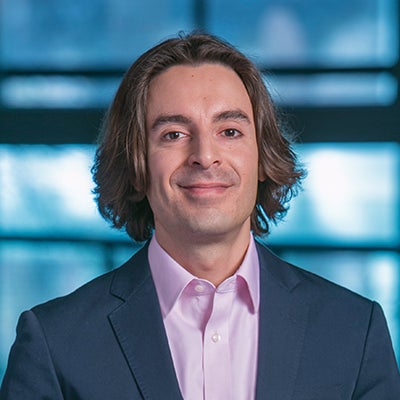
Mike Mitchell, PhD
In 2018, Michael Mitchell opened his lab at the University of Pennsylvania’s School of Engineering, where he initiated research into non-viral delivery systems, such as lipid nanoparticles, as a way to target specific cells and tissue types. As a featured participant on a panel at the 2023 JP Morgan Healthcare Conference, Mitchell shared, “When I started as an academic, I had no intention of starting a company”. Once the pandemic hit, the Mitchell Lab became inundated with requests from different companies, “to make mRNA therapeutics and other types of DNA or RNA cargo a clinical reality”. The Mitchell Lab was able to address these requests through sponsored research agreements and active company partnerships. As requests continued to come in, Mitchell thought, “could we do something bigger here?” That’s when the conversations shifted from big pharma sponsored research agreements into startup company explorations with well-known global VCs. From these conversations, Liberate Bio was born. For Mitchell, the spinout is “a perfect marriage” of his passion to develop exciting platforms that can deliver therapeutic agents to treat diseases with unmet medical need.










